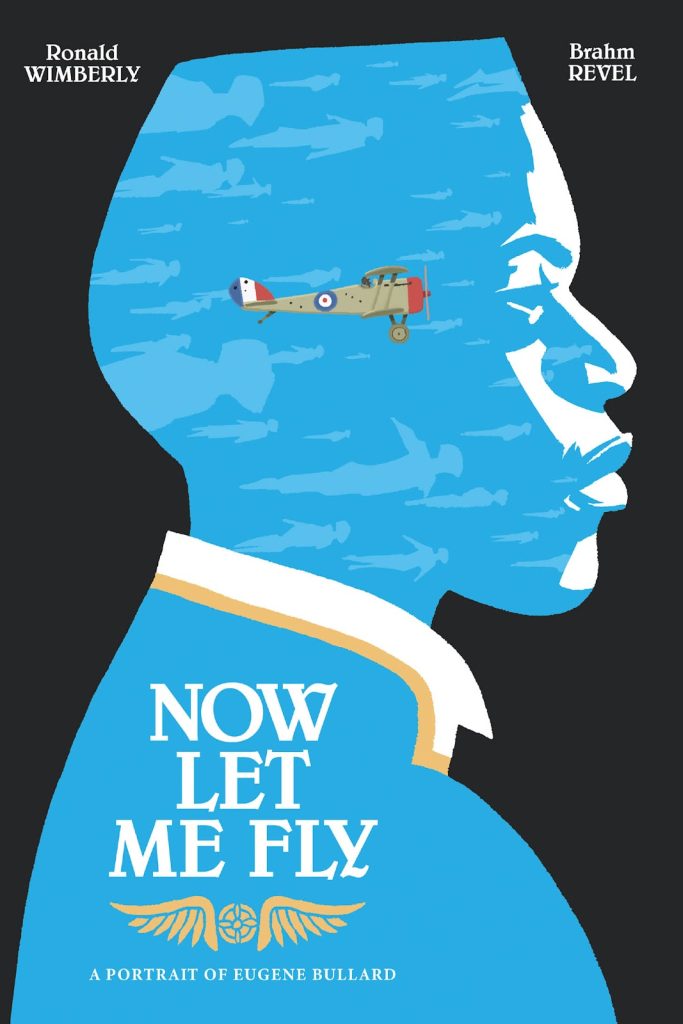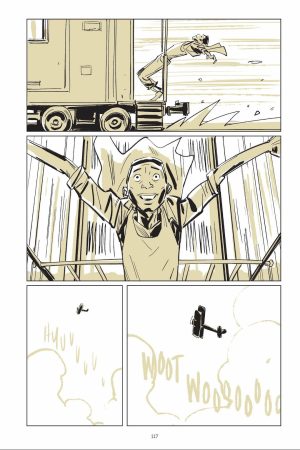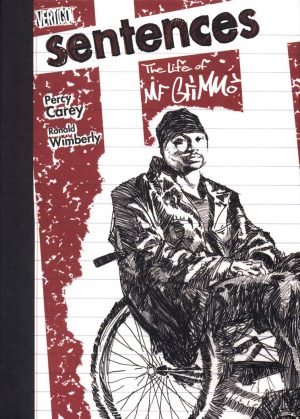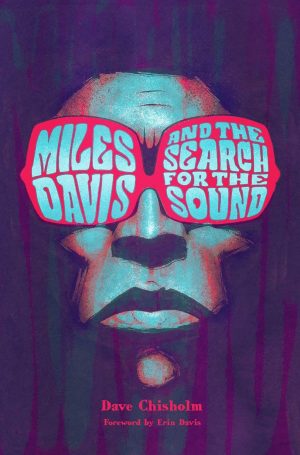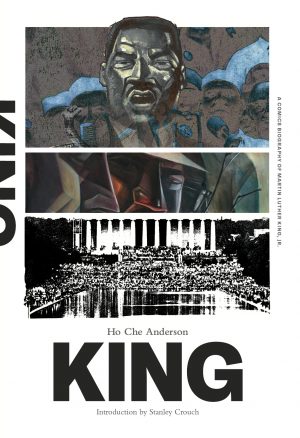Review by Frank Plowright
Now Let Me Fly is a story of exceptional heroism and astonishing bravery against the odds, and what’s more, it’s a fictionalised version of the truth, the fiction being that Ronald Wimberly chooses to tell the story via dialogue instead of narrative captions.
An exceptional cinematic prologue set in the early 1960s incorporates some masterful misdirection, and is simultaneously a lesson about the attitude of so many people. It also indicates that under Wimberly and artist Brahm Revel you’re in safe hands for the biography of a man who ought to be better known than he is.
The cover and the prologue supply an expectation of Now Let Me Fly concentrating on Eugene Bullard’s World War I flying career, and status as the first African American combat pilot, yet why his name lives on is only a small part of his younger days and occurs almost at the end. Those younger days, though, are of a type almost unimaginable today, told in an understated style. Bullard grew up in a large family at a time and place when being African American meant lynching was a real possibility. We’re shown Bullard wanting more from his life than offered in Georgia (US state, not country), and always ready to seize an opportunity, be that living with Irish gypsies or learning to ride race horses. He’s evocatively depicted on the sample art when Revel emphasises a moment, mythologising a turning point for Bullard only a few years after the first successful flight. In 1908 relatively few people had seen a flying plane.
Revel uses a rich sketchy style adaptable to any of the many locations Bullard visits, and it’s given depth via sepia shading. He’s subtle when showing atrocities, which contrasts some necessarily provocative writing not shying away from the distressing tenor of the times.
Inspired by stories of how Black people were treated differently in France, it remained Bullard’s aspirational destination for several years as his wandering continued prior to World War I. Wimberly’s conversational framing is very effective, using a suited advertising executive’s astonishment at what he’s hearing to mirror that of readers. The USP is extraordinary, but so is everything leading up to it, an entire life’s experience packed into a brief few years so well told you’ll hang your head in shame and drop your jaw in disbelief. The reason it’s known is an article by war correspondent Will Irwin published in a 1916 edition of the Saturday Evening Post included here toward the end, and a TV chat show interview.
Wimberly applies the showbiz adage of always leaving people wanting more, mentioning World War I hardly ended Bullard’s spirit of adventure, but a few questions arising could have been addressed. For instance, did he ever see his family again? Despite these Now Let Me Fly is a remarkable story packed with drama and anecdotes and told with style and elegance. It deserves a place in your home.
